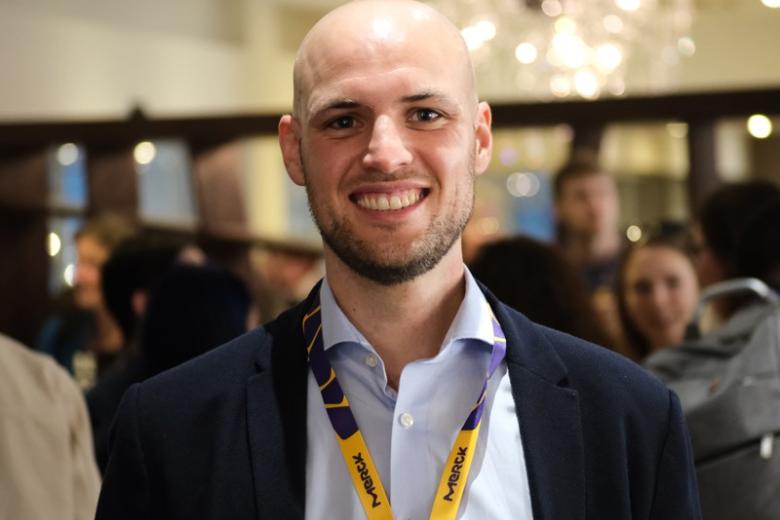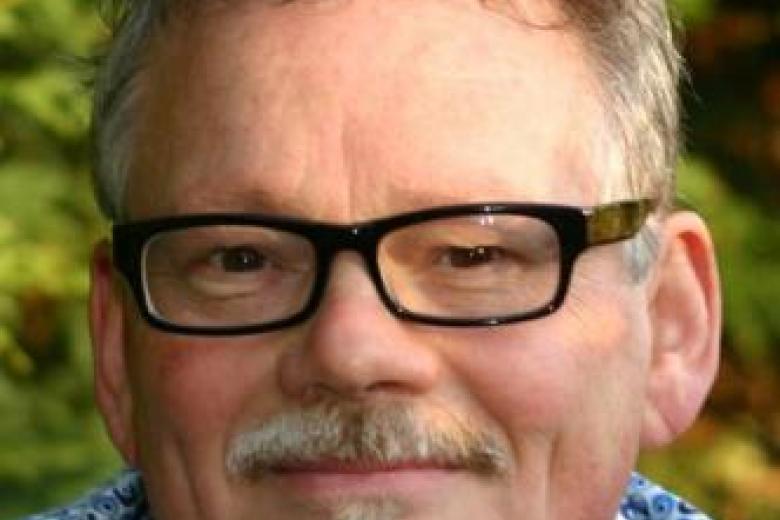PhD candidate Armand Rondas: Chronic wound treatment inefficient
Using a wound swab (similar to a cotton swab) to determine whether a chronic wound has become infected is a waste of both time and money. This was the conclusion drawn by geriatric specialist Armand Rondas in his dissertation for which he hopes to obtain his doctoral degree on 22 January at Maastricht University. He recommends that his colleagues continue to assess infected wounds clinically, according to the most recent guidelines of the World Union of Wound Healing Societies.
The PhD candidate researched the prevention of chronic wounds in nursing homes. On average, four out of every hundred nursing home residents suffers from a chronic wound. Chronic wounds are defined as wounds that do not heal naturally within three to four weeks, continue to ulcerate or grow bigger. These are primarily pressure ulcers, leg ulcers or a diabetic foot. The number of Dutch people with wounds that refuse to heal or heal properly is on the rise. An estimated 15,000 people suffer from chronic wounds in Limburg alone. Worldwide, chronic wounds are believed to take up 2 to 4 percent of the total healthcare budget. Diagnosing an infection in a chronic wound is also difficult. 'In order to diagnose an infected chronic wound, geriatric specialists tend to focus on traditional symptoms like pus and abscesses or a foul smell,' says Rondas. "This, however, is not in keeping with the 2008 consensus of the World Union of Wound Healing Societies.' These guidelines state that increasing or changing pain or a wound that does not show signs of healing or worsens over time are the key symptoms to watch out for. 'One of my recommendations is to offer refresher courses in these guidelines to geriatric specialists.'
Wound swab
Rondas also researched the reliability of a cultured wound swab in determining whether a wound is infected. With this method, the wound is swabbed to absorb any fluid or bacteria, after which the wound material is cultured. This method proved unreliable because microbiological analyses of the swabs did not correspond to a clinical indication for an infection. 'This suggests that wound swabs are not useful for chronic wounds, that they do not support the clinic and are therefore an unnecessary expense.'
Plea
'In the Netherlands, chronic wound treatment is still very fragmented, inefficient and unstandardised.' Rondas strongly recommends that people with chronic wounds are referred to a specialised wound centre within four weeks to receive targeted advice or specialised care.
In 2009, a primary wound treatment knowledge centre (Kenniscentrum Wondbehandeling) was set up in Venray. Based on the research conducted by Rondas, treating chronic wounds in primary wound centres can lead to cost savings of approximately 2,500 euros per patient, per year.
Also read
-
GROW research: all-in-one test for genetic defects in embryos🧪
Researchers at Maastricht UMC+ and GROW have developed a technique that can analyse the entire genome in a single test, allowing for faster determination of embryos suitable for successful pregnancy.
-
A breakthrough in cultured meat research-animal component free production
A breakthrough in cultured meat research-animal component free production
-
Cross-border inter-organisational cooperation in crime control
The Netherlands Organisation for Scientific Research (NWO) has awarded a grant under the SGW open competition to a research proposal written by Prof Dr Math Noortmann (Institute for Transnational and Euregional cross border cooperation and Mobility / ITEM) and Prof Dr J.B.M. Koning (UM School of...